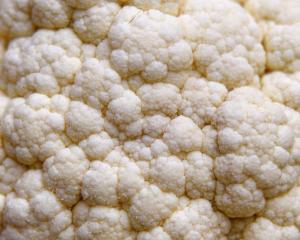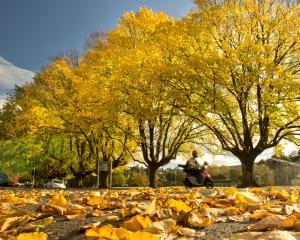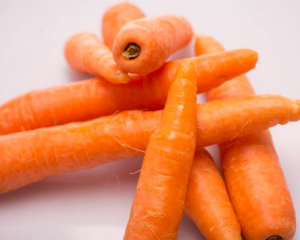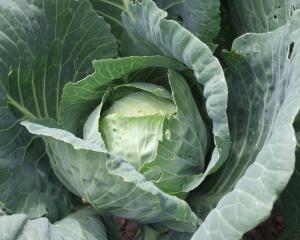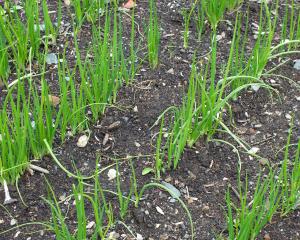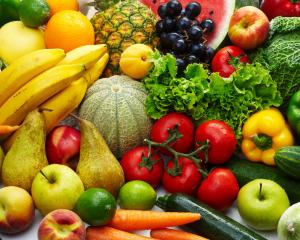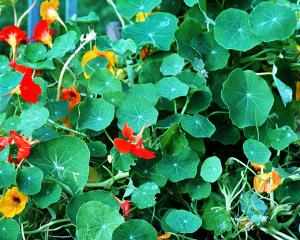
As the days get longer and soil temperatures rise, established plants and young seedlings grow faster, while seed sown now is almost certain to germinate.
French and butter beans can be sown in the open. Place the seeds singly, about 15cm apart and 5cm deep.
Runner beans for growing up trellises or on frames also can be sown now in a sunny spot.
Smaller cucumber varieties (Lemon, True Lemon) can be sown in rich soil but in cooler areas, these and other cucurbits, including zucchini (courgettes), are better grown from plants bought from a garden centre.
Asparagus can be harvested now and spears can be taken over the next month. If this is the first season for your asparagus, resist taking any shoots so the root system can develop. This self-discipline will pay dividends in years to come with more, fatter stems to pick. When taking spears, snap them off as close to the base as possible, taking care not to damage new buds around them. Give an application of general fertiliser, at the rate of 100g per sq m, before harvesting starts, then liquid manure regularly for the rest of the growing season. Established asparagus beds can produce for 15 to 20 years, making the initial outlay on plants (crowns) or seed well worthwhile.
Sweet corn can still be sown. Choose a faster-maturing variety, such as Florida Supersweet, and sow in groups of six to eight plants, 15cm apart in each direction, to help fertilisation. The plants need shelter from cold winds and plenty of compost and lime. Corn also needs potash, which encourages growth and increases disease resistance. Apply 45g a sq m before planting.
Peas, lettuce, carrots, spring onions, radish and turnips can still be sown for succession crops.
Flowers
This is a busy month in the flower garden.
For better flowers, it is worth adding well-rotted compost and a light dressing of bone dust to the ground where they are to grow. Work the goodies into the top 20cm of soil before planting.
Love-in-a-mist (Nigella,) candytuft, larkspur, Calliopsis, sweet sultan, Clarkia and Shirley poppies are among annuals that resent being transplanted and should be sown where they are to flower.
Tulips and narcissi should be left as long as possible before lifting, cleaning, then replanting or storing. Foliage must not be removed until it has turned yellow.
Dahlias may still be planted and old clumps of tubers lifted and broken up for replanting. Stake when planting to avoid damaging the roots later.
Greenfly is a common problem on roses. Under the right conditions, it will spread rapidly until every shoot has a thriving colony of aphids sucking the sap. They can be sprayed with soap solution, which will not harm bees, or a commercial product.
Fruit
Hardier tomatoes can be planted outdoors this month, but the plants will need shelter from strong westerly and southerly winds. Tomatoes need rich, well-drained soil to which has been added a sprinkling of potash and if the ground is very acid with a pH of less than 5.5 a handful of lime to every sq m. Liquid manure applied once the first fruits set helps ensure a good crop.

